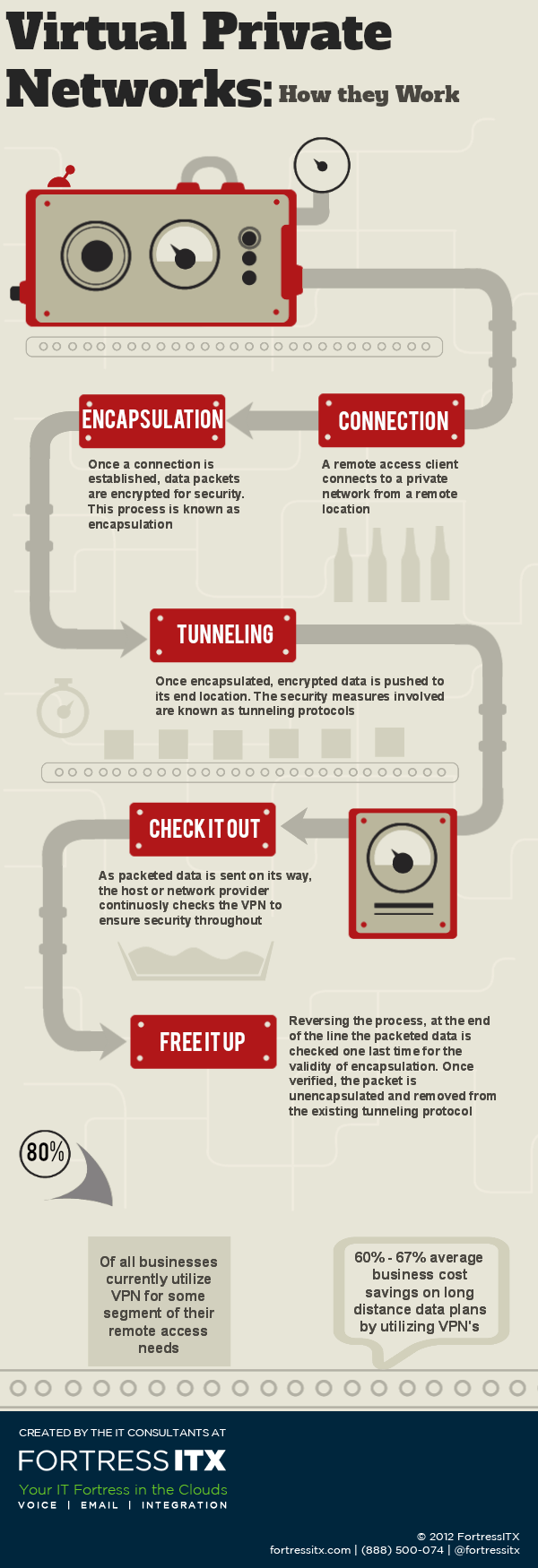These days there’s a lot of talk about Virtual Private Networks, or VPNs for short, and for good reason. As online privacy becomes an increasingly hot topic of discussion among politicians and activists, individuals have started to take online privacy into their own hands.
While you may not have as much to hide as Edward Snowden, everyone can appreciate online privacy and should take the necessary steps to protect yourself. One of the best things you can do to protect your privacy and establish your anonymity online is by using a Virtual Private Network.
VPNs allow you to connect to a private network through your regular connection to the world wide web. Upon establishing a connection to this private network you’re able to mask your online activity, thus establishing your privacy online. Even your Internet Service Provider (ISP) won’t be able to make sense of your internet activity.
This has a great many number of benefits, especially if you are constantly accessing sensitive information like private health or financial records that you’d like to keep safe from prying eyes. These days you can never be too safe on the world wide web.
So, now that you have a general idea of what a VPN is, here’s an awesome infographic that will explain how a VPN works. Enjoy and be sure to share the article if you found it useful or leave a comment below if you have questions.
How Virtual Private Networks Work
Detailed Explanation on How VPNs Work
At its core, a VPN is just a private network connection that you access through a public network like the world wide web. Basically, you connect to a remote server of your choosing. You’ve either setup this server yourself, know of another server somewhere else in the world, or you’ve subscribed to a VPN service that allows you to gain access to their servers all around the world.
When you connect to the Virtual Private Network your computer attempts to establish a connection with this remote server. At this point the remote server authenticates your computer and your computer does the same to the server. Assuming the computer and server authentication is successful, you’ll gain access to the remote server.
At this point you’re able to connect and access the internet through this remote server. This is powerful for many reasons: the biggest is that you’ll have a new IP address. Having a new IP address means your computer thinks it’s in a different location.
To give you a quick example, if you’re in Singapore but you connect to a server in New York through your VPN connection, your computer will be able to surf the internet through the New York server and all your internet traffic will appear to be coming from New York.
This is great, especially if you’re trying to do something like watch Netflix from Europe or access a blocked site abroad.
A VPN connection does a lot more than help you fake your location. With a VPN connection you’re able to encrypt your internet traffic, protecting yourself and your data. In fact your internet activity will be encrypted to the point where even your ISP won’t be able to make sense of the data.
A VPN can also help you protect yourself when you access the internet over public wi-fi like in cafes or airports. This is important because it protects your and your personal information.
If you’re looking for a great VPN service you can type “best VPN services” into a search engine and come up with a lot of options. When looking for a VPN provider you want to look for speed (fast download speeds and unlimited bandwidth usage). There are a lot of great choices online when it comes to VPN providers so you’ll have no trouble finding one that works for you.
Privacy will be the hot topic for 2014, so now is a good a time to become more knowledgeable about privacy technology and leverage it in your favor.
Let me know if you have any questions by leaving a comment below!













































